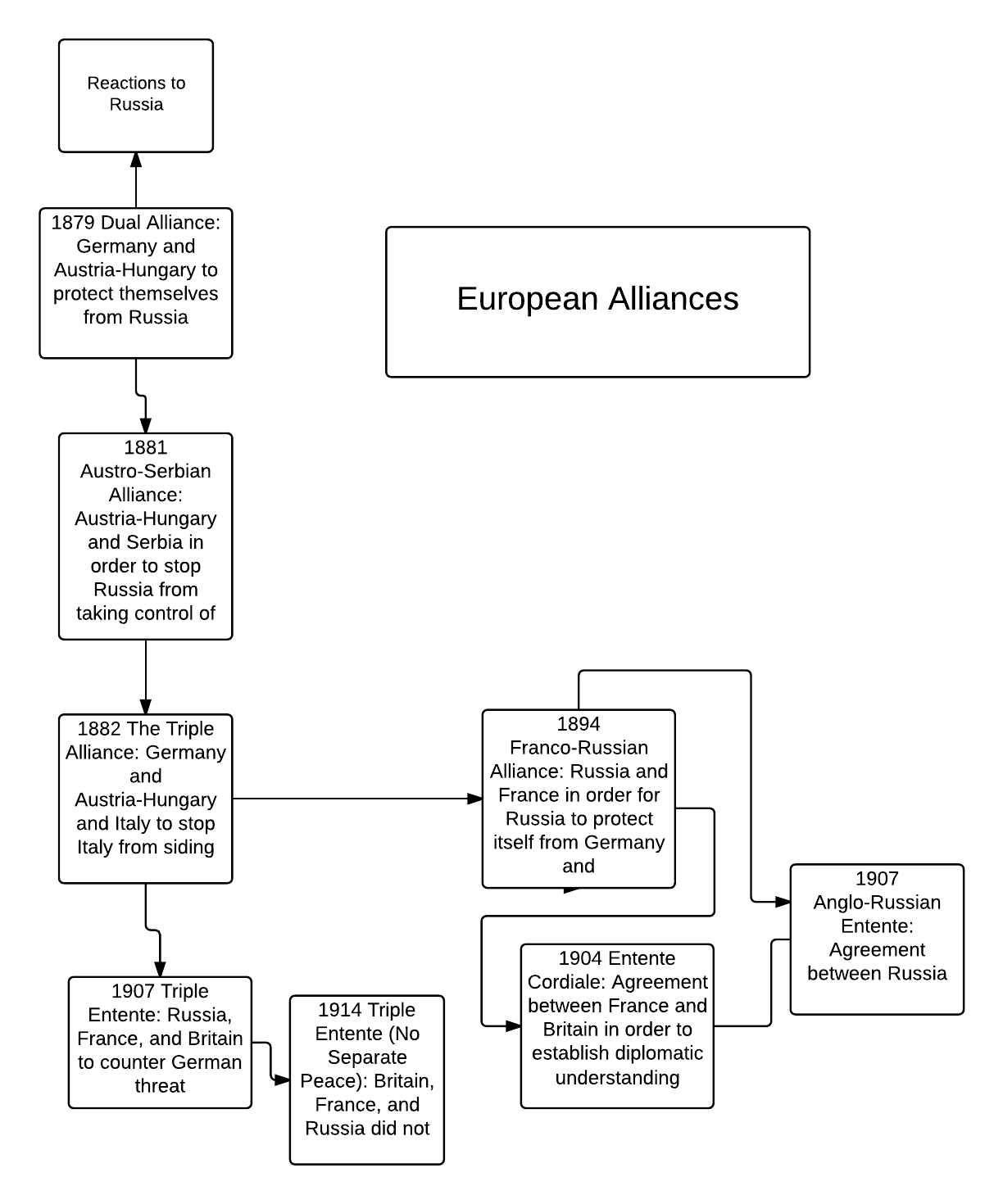

"Quantitative Studies in the Balance of Power: An Historian's Reaction," The Journal of Conflict Resolution (1977) 21#1 pp 3–22. "Conversations of Gorkachov with Andrassy and Bismarck in 1872," The Slavonic and East European Review (1929) 8#23 pp 400–408.

European Alliances and Alignments 1870-1890 (2nd ed. "The End of the Alliance of the Emperors," The American Historical Review, (1918) 23#2 pp 324–329. Barricades and Borders: Europe 1800-1914.
↑ Text of the actual agreement, last visited June 24, 2011. Bannan and Achilles Edelenyi, eds., Documentary History of Eastern Europe, (New York: Twayne Publishers, 1970), pp. ↑ Sir Edwin Pears, Forty Years in Constantinople, 1873-1915, (New York: D. ↑ Raymond James Sontag, European Diplomatic History: 1871-1932 (1933) pp 3-58. Both alliances ended because of conflicts of interest between Austria-Hungary and Russia in the Balkans. It lasted for three years it was renewed in 1884 but lapsed in 1887. A more formal, officially documented The Three Emperors' Alliance was concluded on 18 June 1881. Her key role in European diplomacy was not, however, forgotten by Bismarck. The 1878 Treaty of Berlin left Russia feeling cheated of her gains made in the Russo-Turkish War. In 1882 Italy joined this agreement to form the Triple Alliance. The body’s first conclusion in 1879 gave way to the defensive Dual Alliance between Austria-Hungary and Germany to counter potential Russian aggression. Russian authorities likewise feared insurrection, should a Pan-Slavism movement gain too much clout. The collective initially disbanded in 1875 over territorial disputes in the Balkans as Austria-Hungary feared that Russian support for Serbia might ultimately ignite irredentist passions in its tenuously grasped Slav populations. The account of the insurrection from an Englishman named Sir Edwin Pears both describes the atrocities in gruesome detail and reveals British surprise at their extent. The League also met crisis in the East where Bulgarian unrest elicited violent reaction from the Ottoman forces there, which in turn met with horror from observing states. For this reason, the League actively opposed the expansion of their influence. According to the coalition, radical socialist bodies like the First International represented one of the other key threats to regional stability and dominance. Despite German victory in the Franco-Prussian War of 1870-71, the violence remained fresh in the newly united state’s memory and made Germany reluctant to antagonize the French, but keen as ever to limit their power. This cornerstone of his political philosophy included dedication to preserving the status quo and avoiding war. 
It was preceded by the Schönbrunn Convention signed by Russia and Austria–Hungary on 6 June 1873.īismarck often led the League as it assessed challenges centered on maintaining the balance of power among the states involved and Europe at large. The alliance sought to resurrect the Holy Alliance of 1815 and act as a bulwark against radical sentiments the conservative rulers found unsettling. On 22 October 1873, Bismarck negotiated an agreement between the monarchs of Austria–Hungary, Russia and Germany. The Balkans posed a more serious issue, and Bismarck's solution was to give Austria predominance in the western areas, and Russia in the eastern areas. Together they would control Eastern Europe, making sure that restive ethnic groups such as the Poles were kept in control. In 1873 he formed the League of the Three Emperors, an alliance of the kaiser of Germany, the Tsar of Russia, and the emperor of Austria-Hungary. The solution was to ally with two of the three. If two of them were allied, then the third would ally with Germany only if Germany conceded excessive demands. Bismarck feared that a hostile combination of Austria, France and Russia would crush Germany. His goal was a peaceful Europe, based on the balance of power.

#Significance of the league of three emperors 1873 full#
Chancellor Otto von Bismarck took full charge of German foreign policy from 1870 to his dismissal in 1890. The League of the Three Emperors (German language: Dreikaiserabkommen, Russian: Союз трёх императоров) was an alliance between Germany, Russia and Austria-Hungary, from 1873 to 1887.








 0 kommentar(er)
0 kommentar(er)
